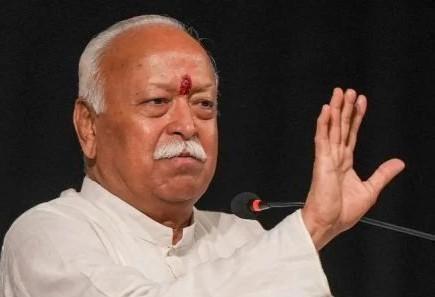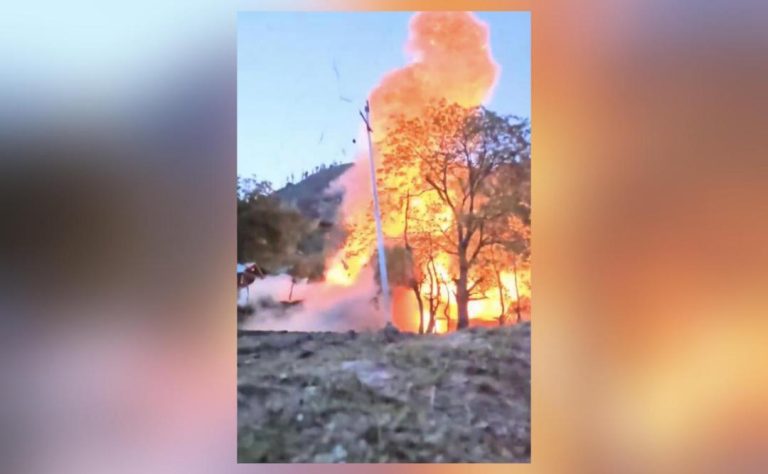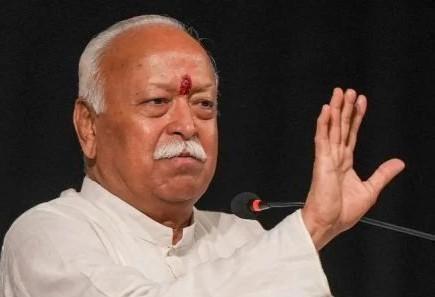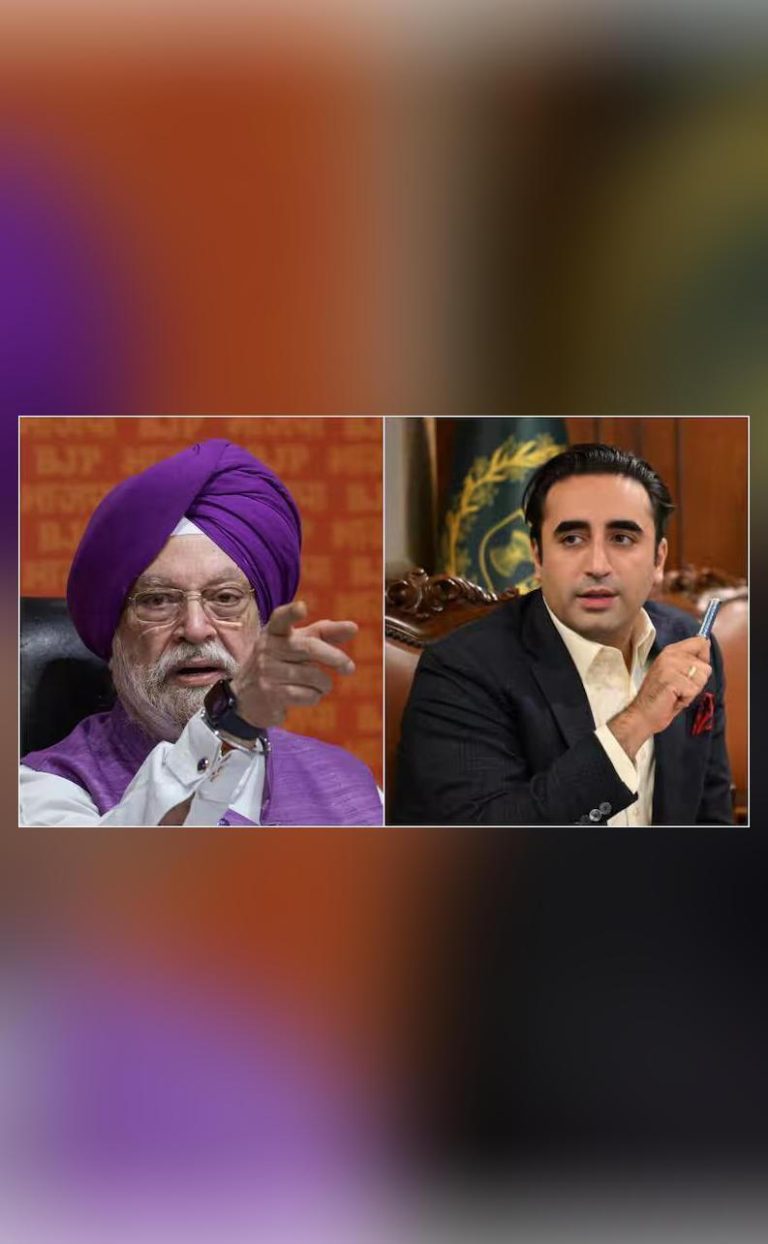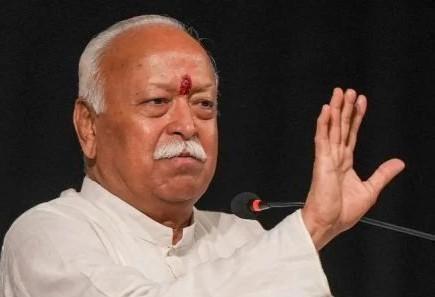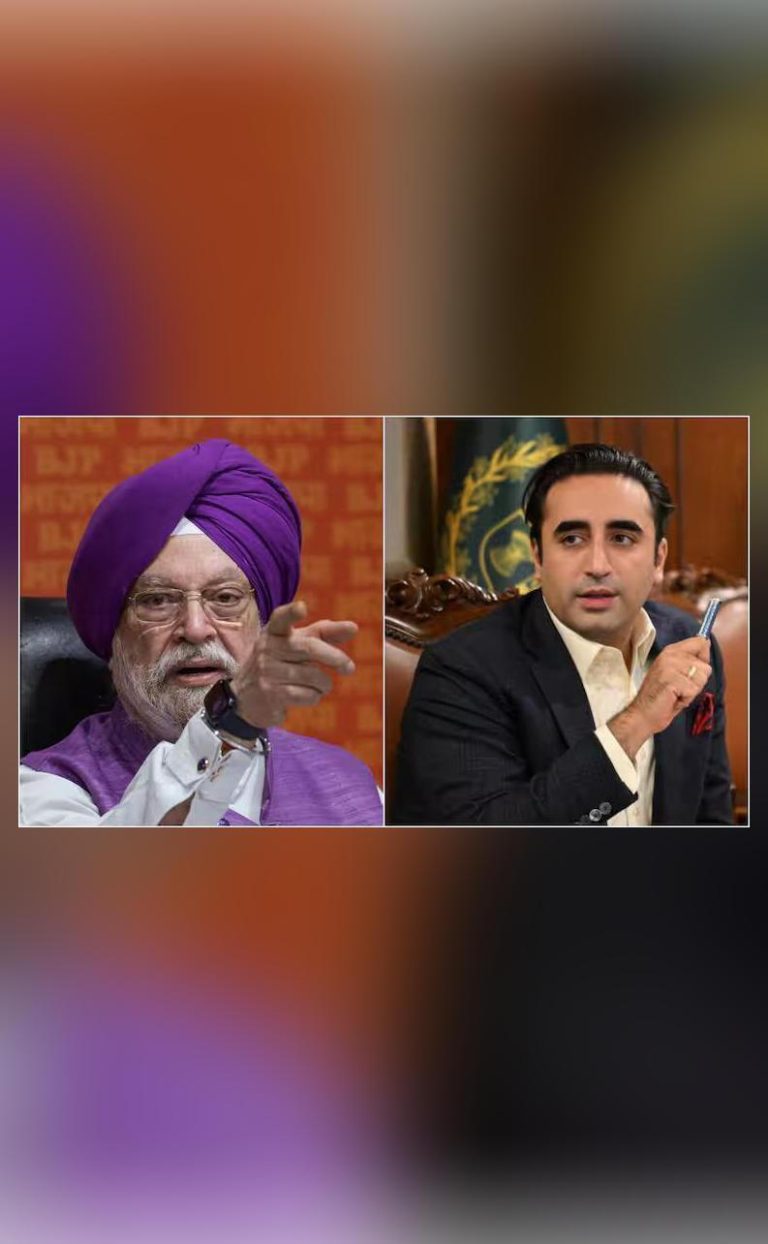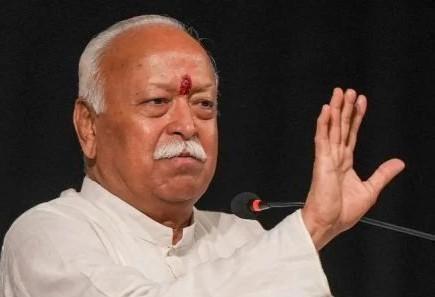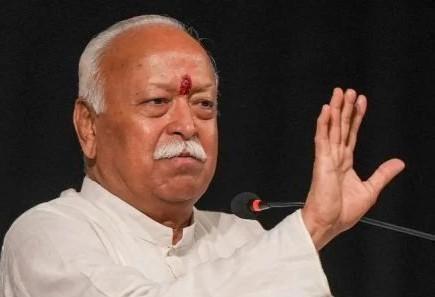
If someone turns to evil then we’ll teach lesson: Bhagwat on J&K attack
The recent terror attack in Pahalgam, Jammu and Kashmir, has sent shockwaves across the country. The attack, which resulted in the loss of several lives, has raised questions about the state of terrorism in the region and the need for effective measures to combat it. In the aftermath of the attack, RSS chief Mohan Bhagwat has issued a statement that has sparked a heated debate about the approach towards terrorism.
In his statement, Bhagwat emphasized the importance of non-violence as a fundamental aspect of Indian culture and tradition. He said, “Non-violence is India’s religion. We never harm or disrespect our neighbours.” However, he also made it clear that if someone is bent on being evil, then there is a need to teach them a lesson. He added, “What is the cure? The king’s duty is to protect the people, and he will do his duty.”
Bhagwat’s statement has been widely criticized by many who argue that his words are incendiary and promote violence. They point out that his statement seems to justify the use of violence against those who are perceived as evil, which could lead to a cycle of violence and retaliation. Others have argued that his statement is at odds with the principles of non-violence and tolerance that are fundamental to Indian culture.
However, there are also those who have defended Bhagwat’s statement, arguing that it is a call to action against terrorism and violence. They point out that the RSS chief is not advocating for violence against innocent people, but rather against those who are willing to harm others. They argue that his statement is a response to the increasing threat of terrorism and the need for effective measures to combat it.
The debate surrounding Bhagwat’s statement highlights the complex and sensitive issue of terrorism and violence. On one hand, there is a need to condemn and prevent acts of terrorism, which can cause harm and destruction to innocent people. On the other hand, there is a need to ensure that our responses to terrorism do not perpetuate cycles of violence and retaliation.
In recent years, India has faced a number of terror attacks, including the Pulwama attack in 2019, which resulted in the loss of over 40 lives. The attack was carried out by a terrorist organization and was widely condemned by people across the country. In response to the attack, the Indian government launched a military operation against the terrorist organization, which resulted in the killing of several terrorists.
However, the effectiveness of this approach has been questioned by many, who argue that it has only led to a cycle of violence and retaliation. They point out that the use of military force has not been able to eliminate terrorism, and that it has only led to the death and suffering of innocent people.
In contrast, there are those who argue that a non-violent approach is more effective in combating terrorism. They point out that non-violent resistance has been used successfully in the past to challenge oppressive regimes and achieve social change. They argue that a non-violent approach is more likely to lead to a lasting solution to the problem of terrorism, rather than simply perpetuating cycles of violence and retaliation.
In conclusion, Bhagwat’s statement highlights the complex and sensitive issue of terrorism and violence. While his statement has been widely criticized, it is also important to consider the context in which it was made. The threat of terrorism is real, and it is important to find effective ways to combat it. However, it is also important to ensure that our responses to terrorism do not perpetuate cycles of violence and retaliation.
Source: https://youtu.be/SpAKVWl5wII
